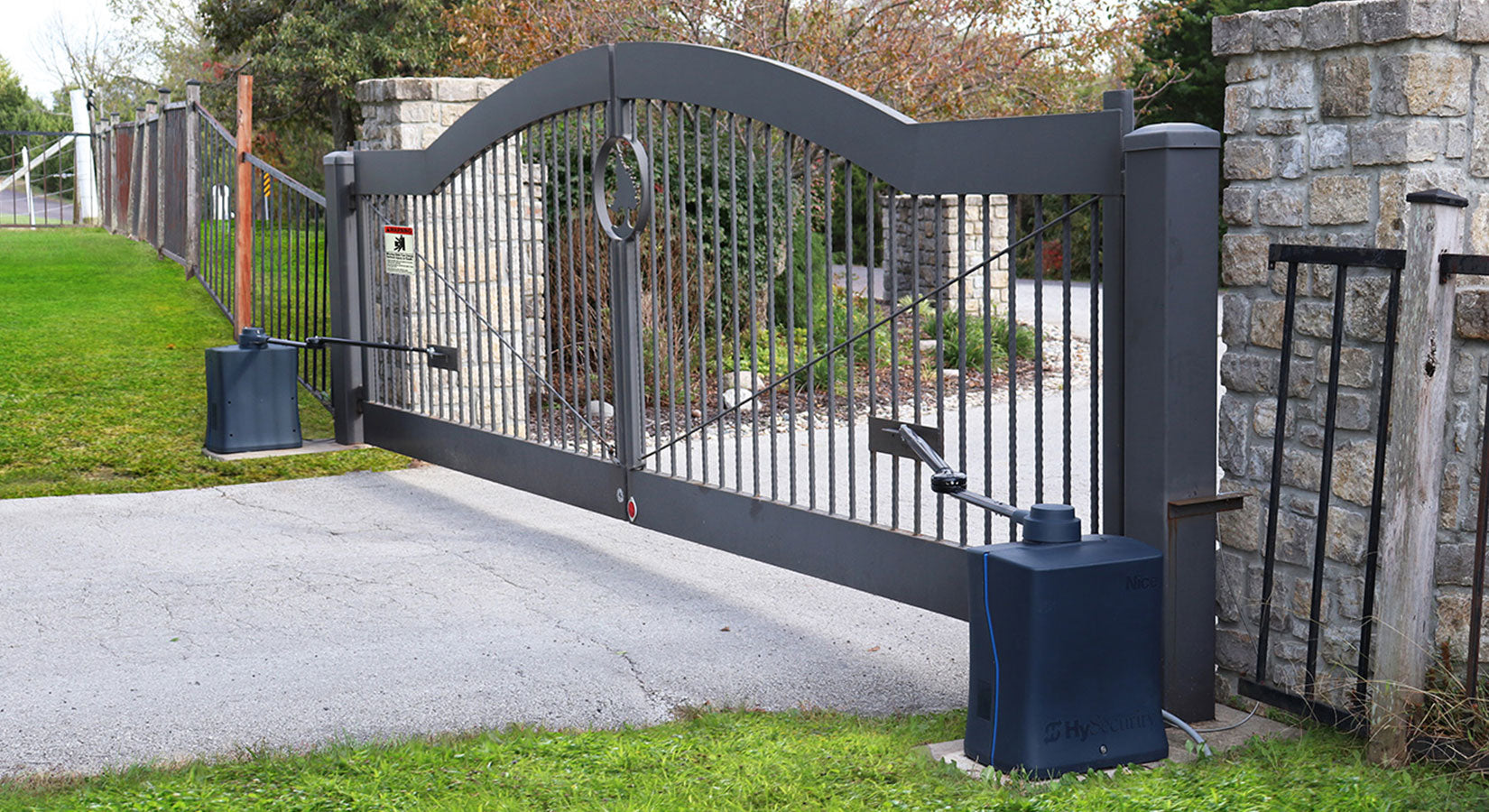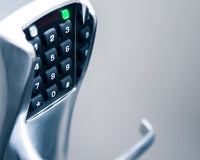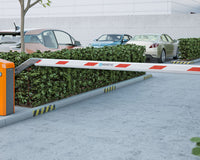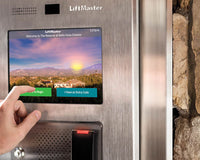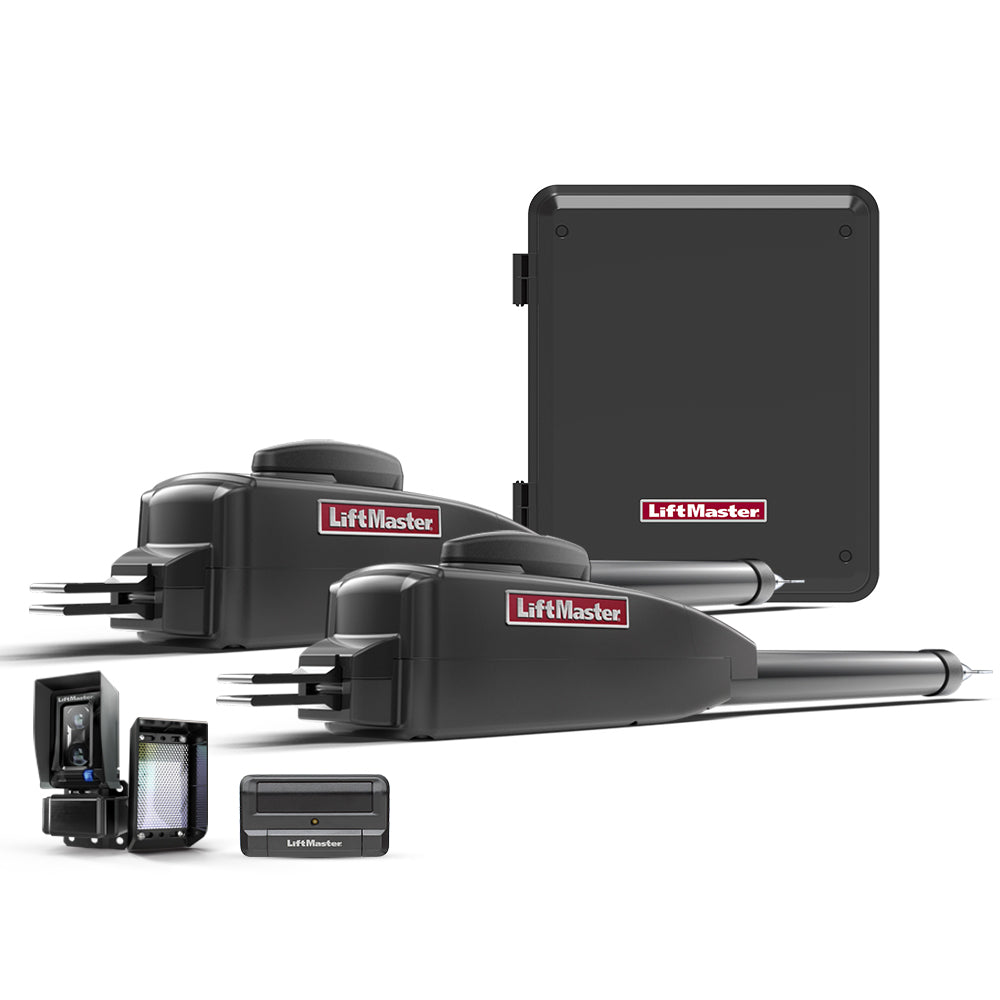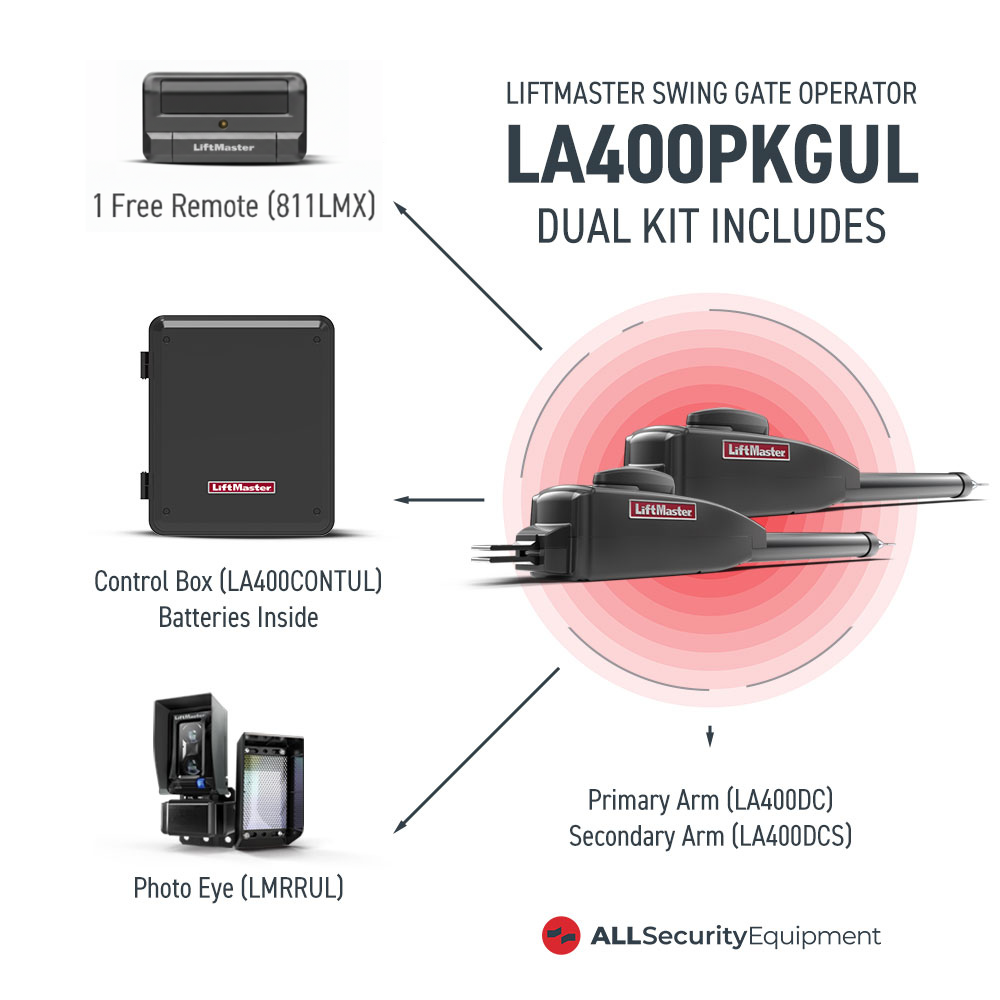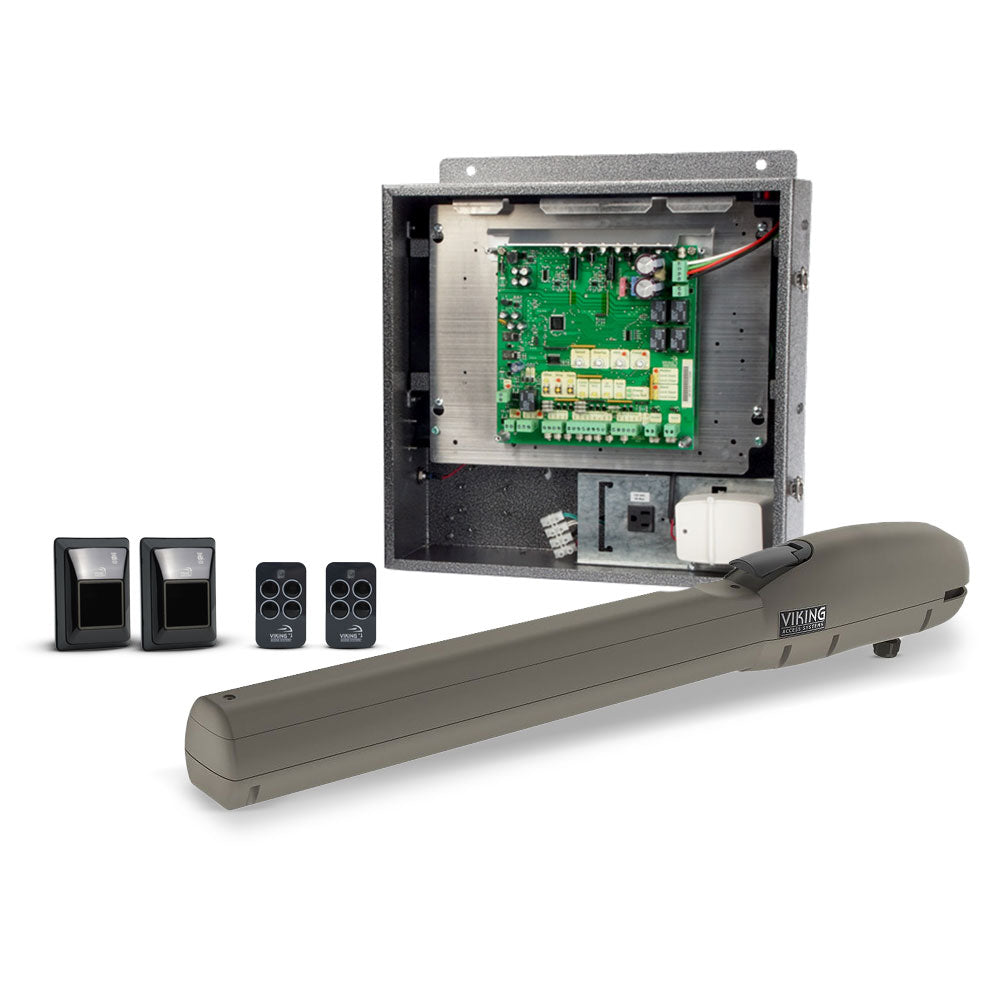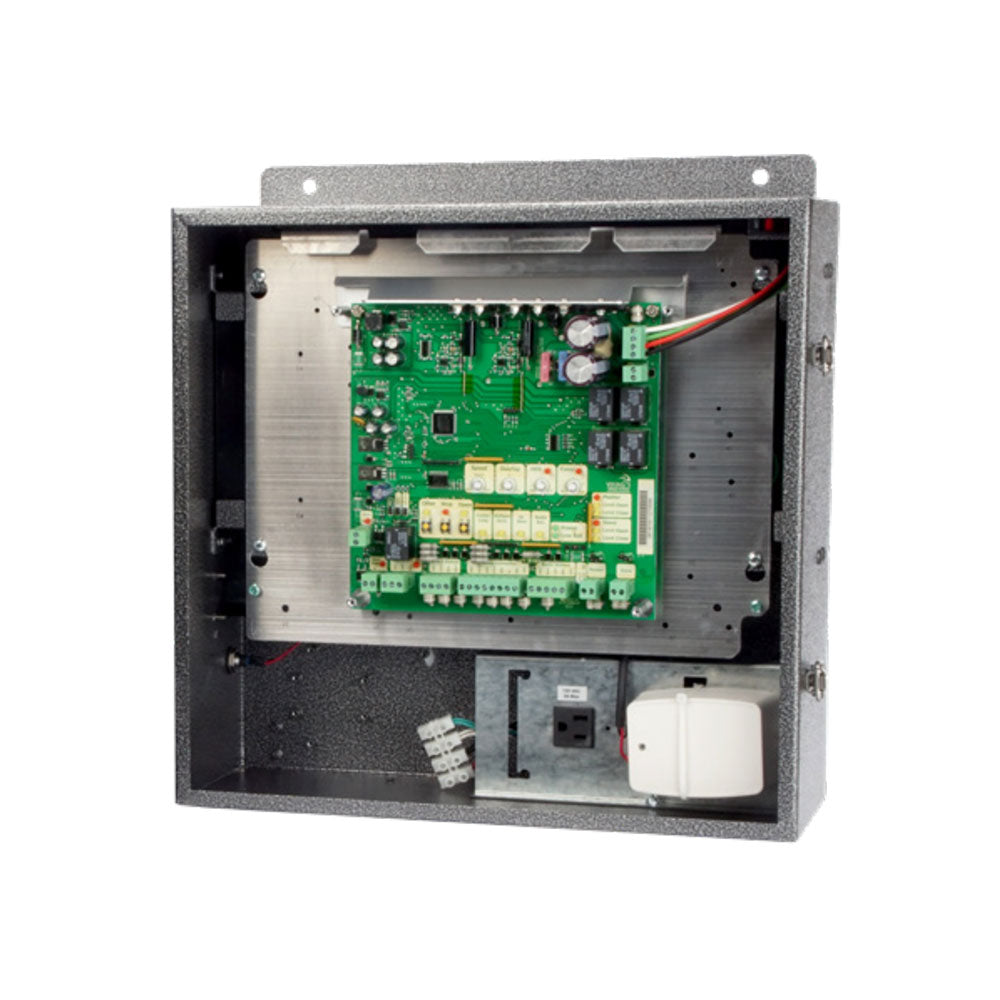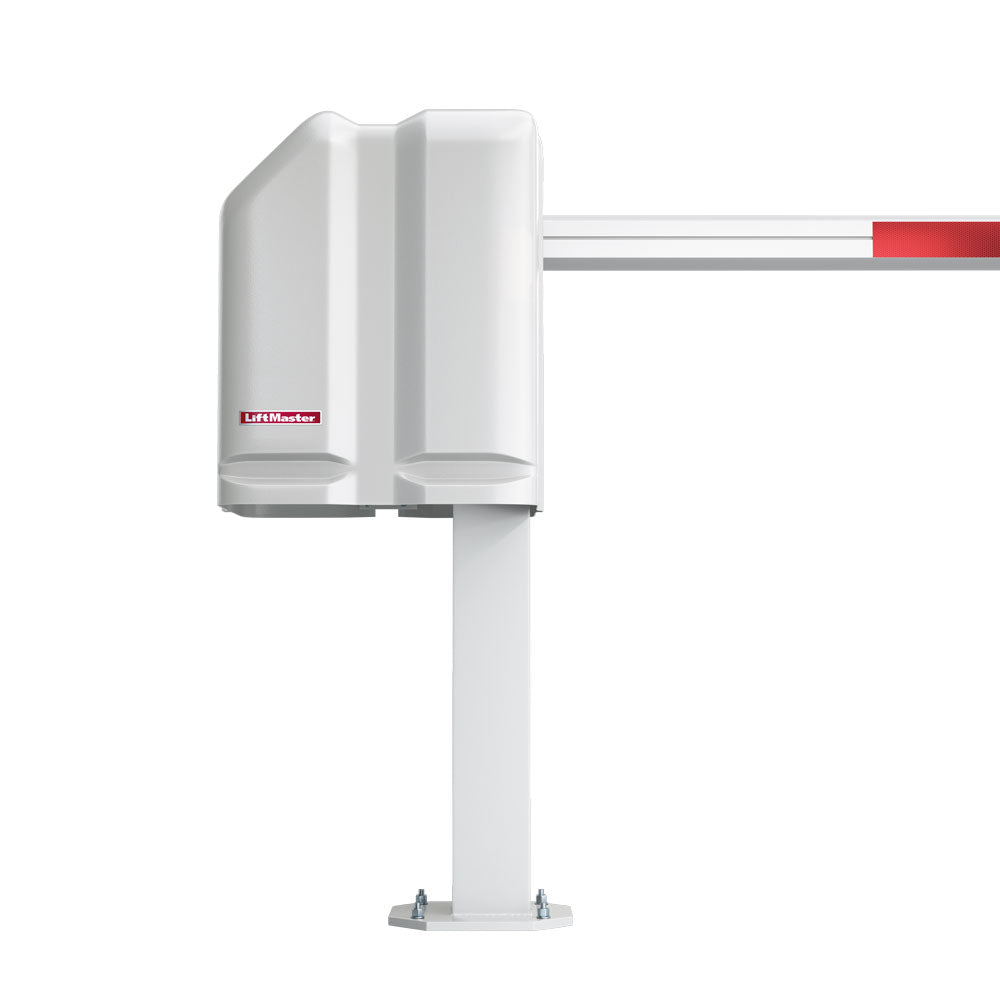A driveway swing gate is practical in terms of cost, operability, and ease of use. However, installing them without properly considering some factors can defeat its purpose.
The smoothness of operation and durability of a driveway swing gate depend on proper planning and execution. It is also crucial to install additional security measures, such as an automated gate system, to enhance its security and convenience.
Electric openers and access control systems can be purchased from All Security Equipment to upgrade your gate’s security.
Mistakes to Avoid During Driveway Swing Gate Installation
Avoiding common mistakes when installing your driveway swing gate means big savings on your end. Knowing what to avoid reduces maintenance costs and ensures the durability and longevity of your gate. It also saves you from having to live with the consequences of a bad driveway gate installation.
1. Not Considering Your Driveway Situation
The ground situation will determine the direction the gate will swing. Slopes, grades, and curves can affect the functionality of a swinging gate. There needs to be ample space for the gate leaf to swing in or out, and it should accommodate any inclination.
2. Leaving Out Ground Clearance
If your driveway is flat, it is not a good idea to hang the gate low to the ground. Water, frost and debris can pool in the bottom and make it difficult for the gate to operate efficiently.
Leave at least 3- 4” of ground clearance to accommodate ground conditions and movement over time. If your area is prone to a high frost line, leave at least 12” ground clearance to avoid jamming. This is still a good clearance as it prevents intruders from squeezing through.
3. Improper Foundation
The gate foundation defines the overall stability of the driveway swing gate. If you are doing your own driveway gate, pay close attention to posts and depth. A concrete foundation provides reliable and necessary support regardless of your gate material and design.
4. Improper Gate Size
The size and weight of the gate may raise safety issues. It must be wide enough to accommodate large vehicles, and the height should compensate for the width. The gate posts must be able to hold the gate’s weight to avoid misalignment and to compensate for movement.
5. Choosing Sub-Par Materials
Even if you are being economical, scrimping on driveway gate materials is not a good idea. Doing so will only cost you more in the long run for expensive repairs or replacements.
Always choose the best gate materials able to withstand the weather, elements and temperature in your location. Metal driveway swing gates, steel gates, powder-coated aluminum swing gates and wrought iron swing gates are durable and reliable entryway gates to consider. Composite material and wood may also do, but composite is brittle, and wood is prone to rot.
6. Inadequate Support Materials
Gate hinges and swing gate wheels are small but provide significant support for a driveway swing gate. Ensure that the gate hinge material and size are suited for the weight of your gate and can withstand the bending force and gravity it will constantly undergo.
Heavy driveway gates may benefit from gate wheels, reducing the strain on the hinges and making them sturdier and more durable. Consider having swing gate wheels to prevent excessive wear and tear of the gate frame and hinges.
7. Ignoring Security Features
Installing a driveway gate is an effective way to keep intruders off your property. Choosing an automatic driveway gate enhances this security even further. Automatic gates provide an added layer of protection to help deter criminal activities.
An automatic gate system uses a swing gate opener or operator that automatically moves the gate to open or close. It can be triggered using a connected access control device like a keypad, card, fob, vehicle tag, remote control or smartphone control.
Automatic gates can be paired with a security camera for even more comprehensive monitoring and control. With a reliable swing gate operator, you can access the gate without having to leave the vehicle, depending on the access controller you have.
These gates also have sensors that stop or reverse the gate operation if they sense an obstruction within the gate's path.
Additional Tips to Keep In Mind for Your Driveway Swing Gate Installation
A driveway swing gate is an inexpensive way of enhancing your property’s privacy and security. If you live in a high-crime area, you know how important it is to ensure that your driveway gate and fence system can stop any illegal activities.
Here are a few more tips to ensure a smooth installation:
- Meet the legal requirements for driveway gates by checking with local building authorities for codes and specific requirements before installing the gate.
- Install thermal break materials if you live in cold climates or heat-resistant materials in hot climates for gate protection.
- Hire a professional installer, if possible.
- Perform regular gate maintenance, particularly for automatic driveway swing gates.
- Inward swing driveway gates tend to be safer and less obstructive to roadside traffic than outward swing gates.
Installing a Secure Driveway Swing Gate
Careful planning and execution of a driveway swing gate project are imperative. If you want to augment the security feature of your driveway swing gate, consider upgrading it to an automatic driveway swing gate.
If you are unsure about gate compatibility or are unclear about gate operators and other automatic driveway gate needs, feel free to contact us at All Security Equipment.
Our team of experts will assist you in selecting the most suitable devices to suit your proposed gate facility for better security and enhanced safety.

